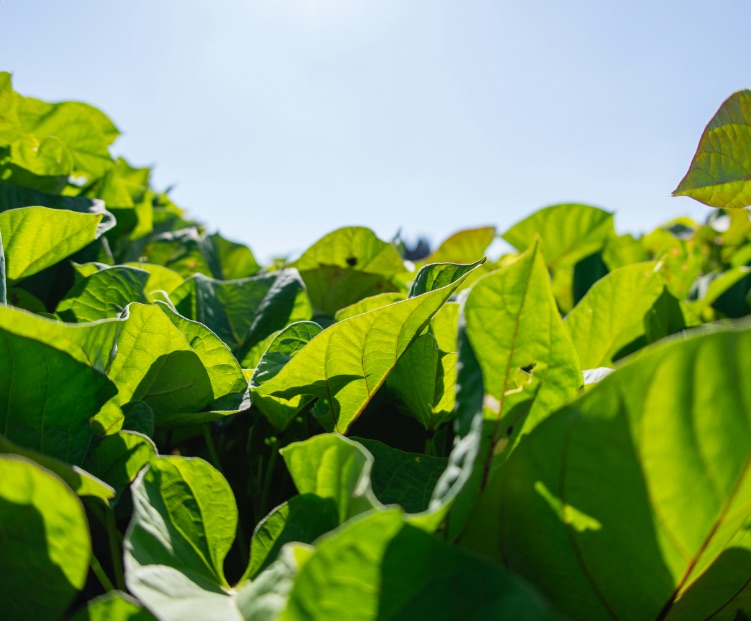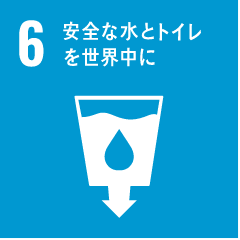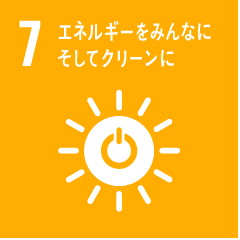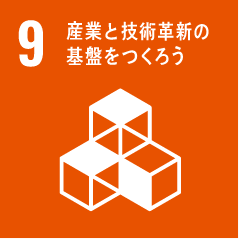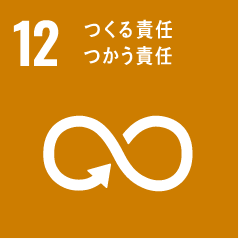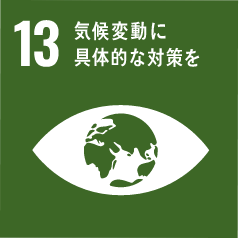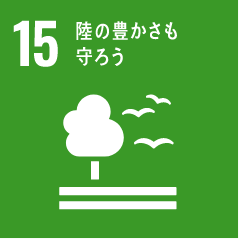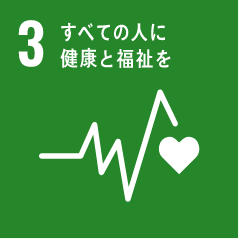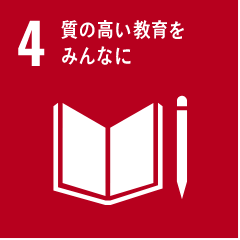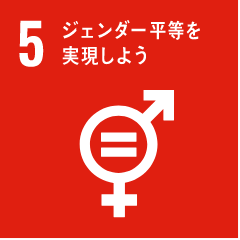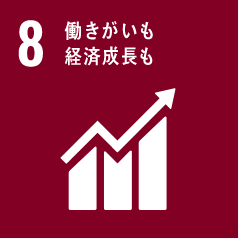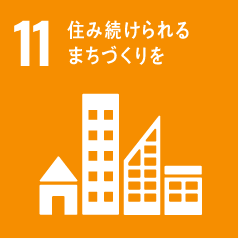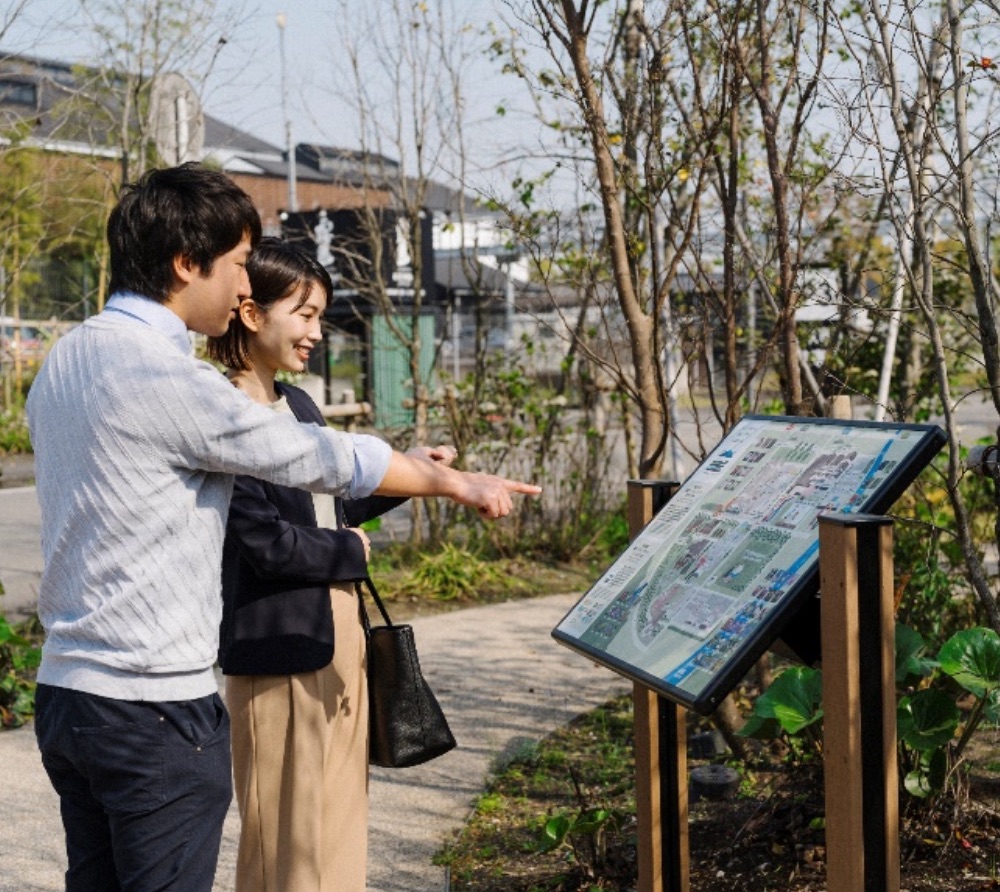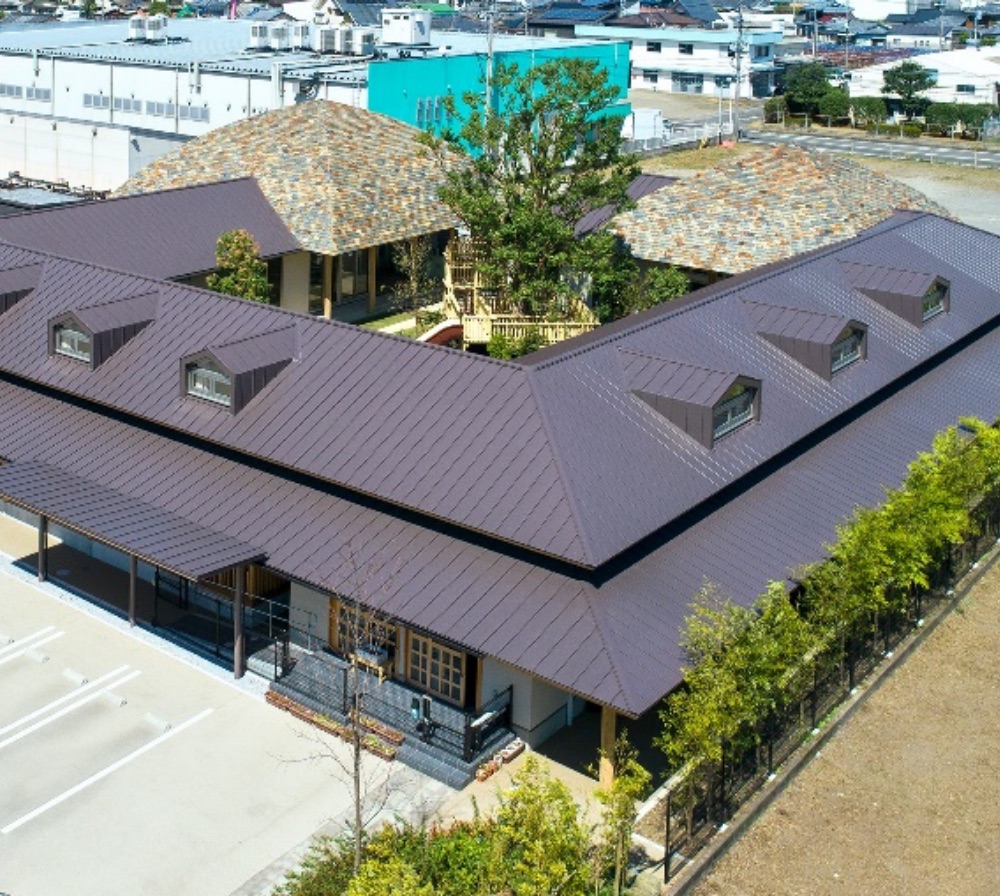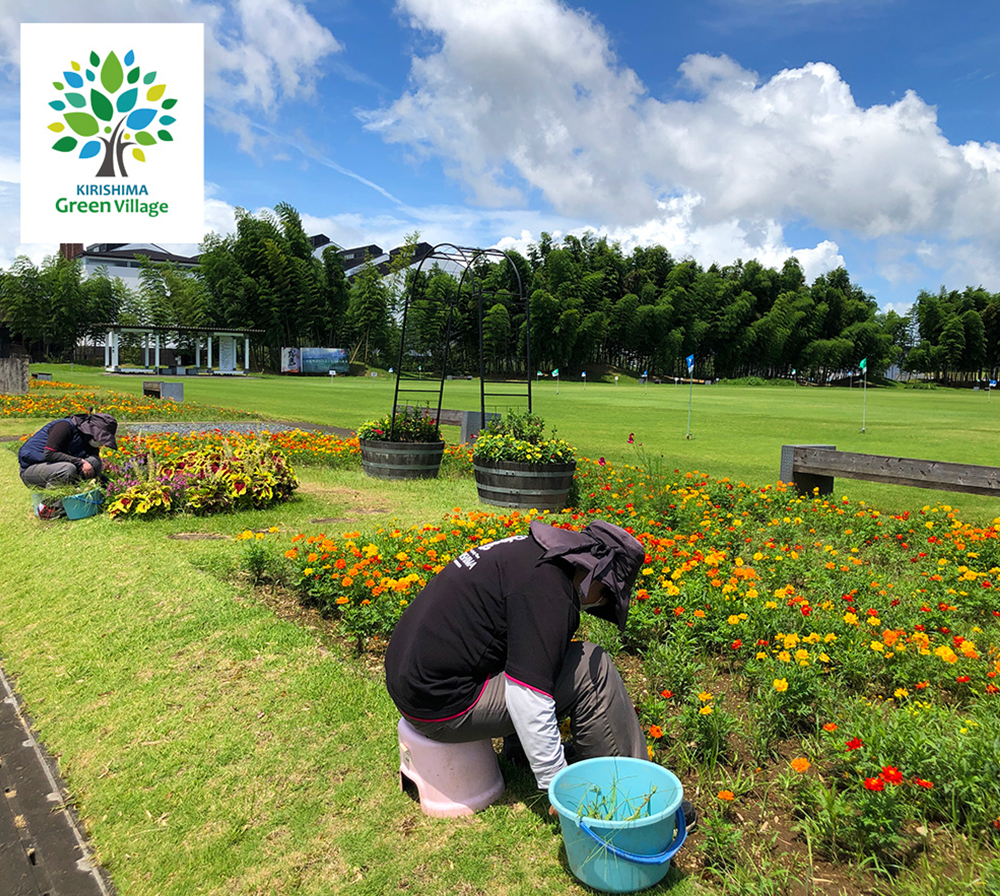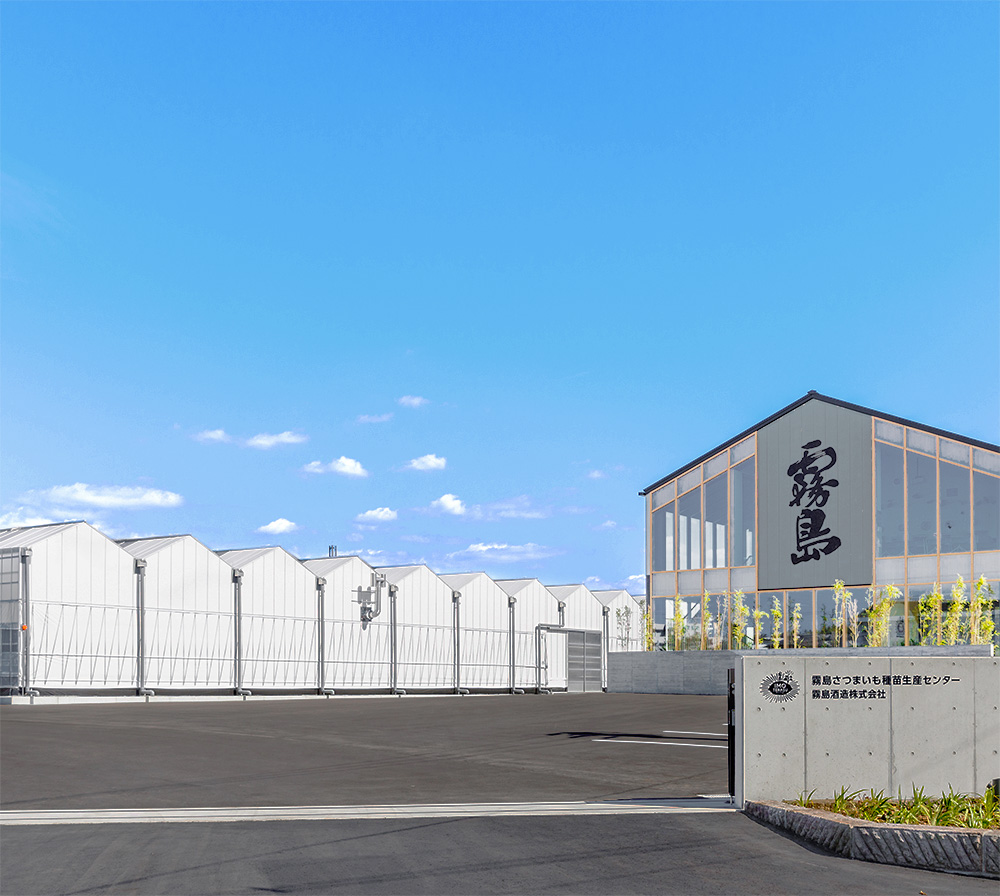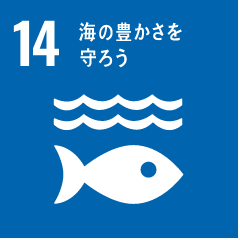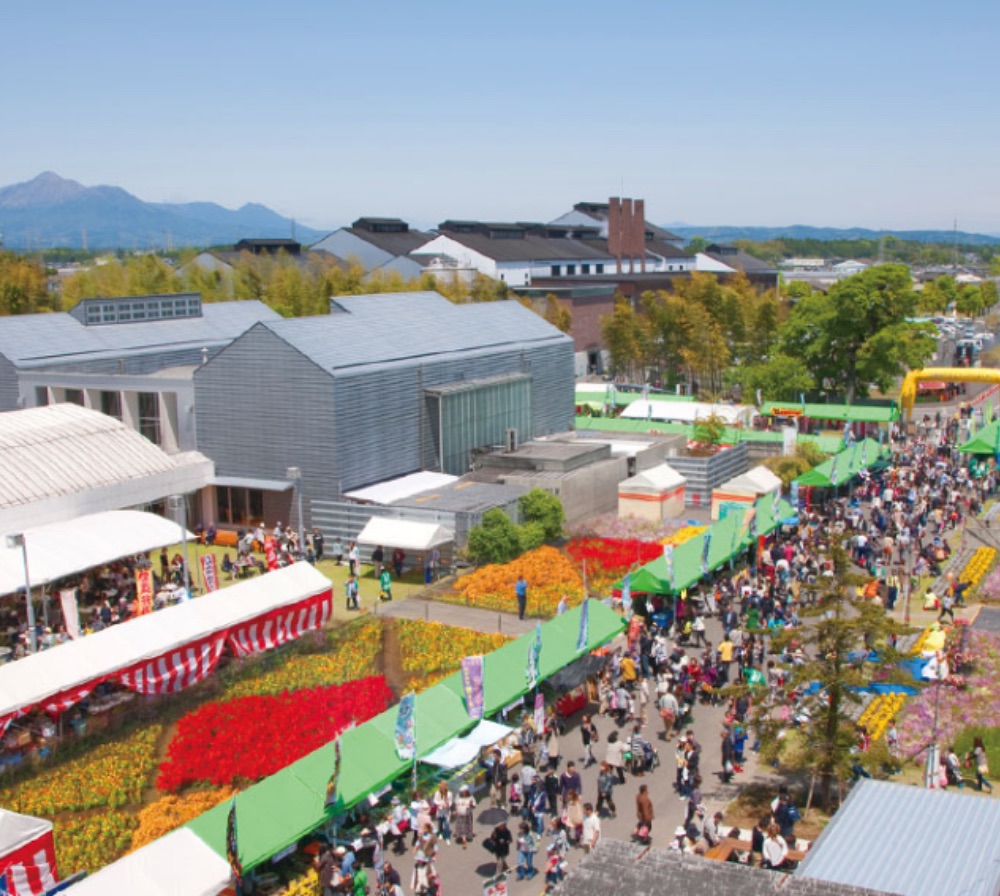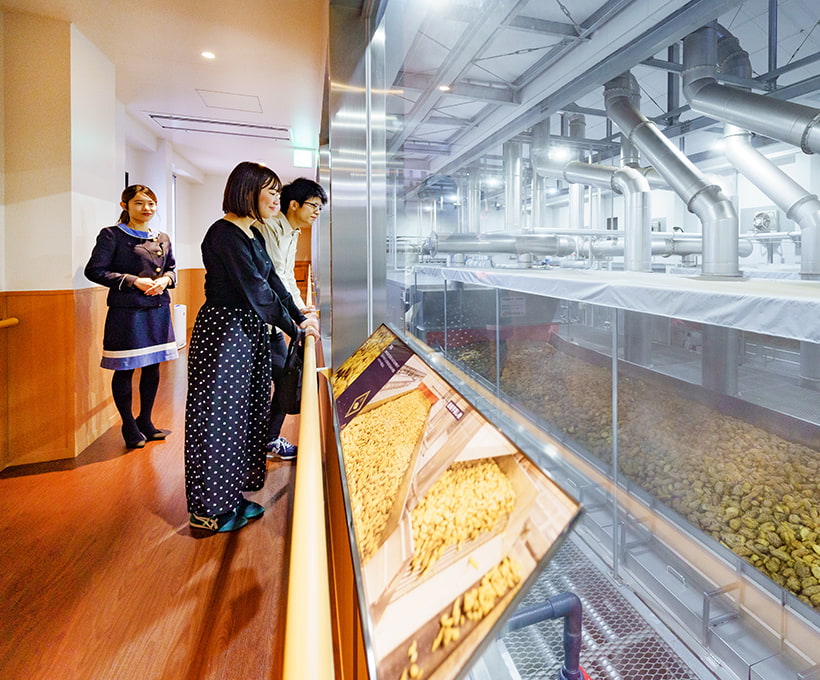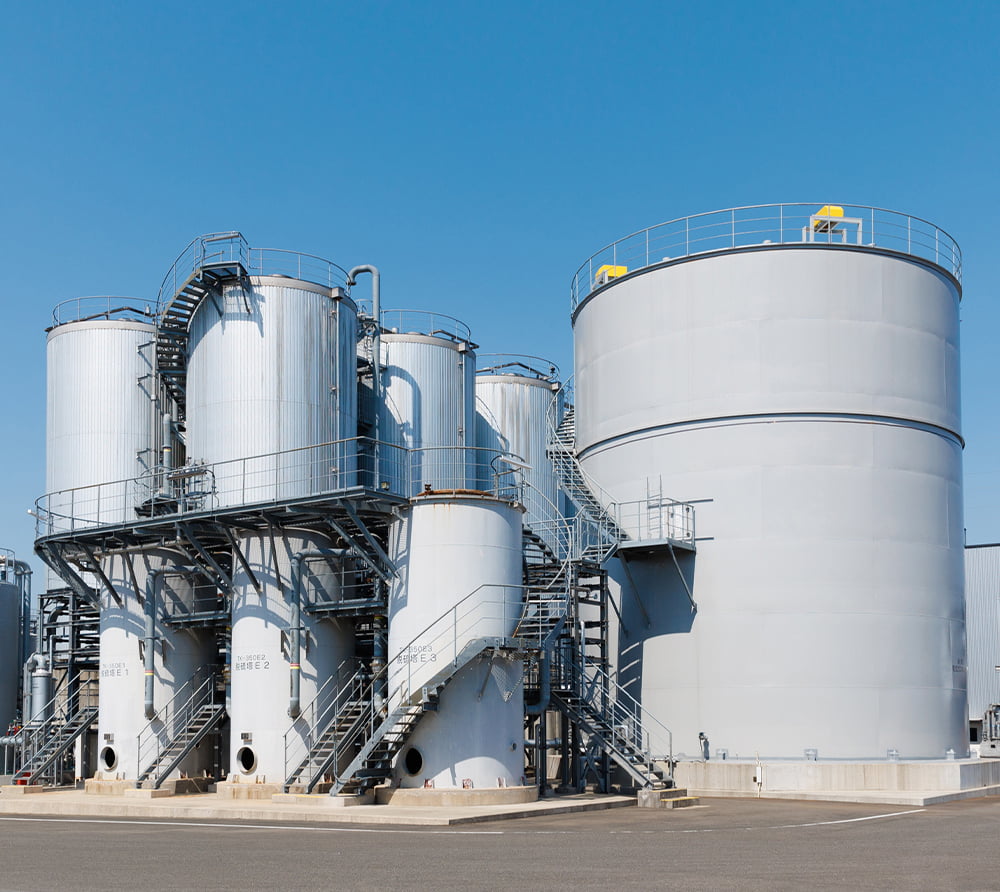
Shochu lees and sweet potato scraps generated during the shochu production are fermented into methane using microorganisms. Biogas extracted from the methane fermentation is returned to the company as boiler fuel for the distillation process in shochu manufacturing. Furthermore, shochu lees are returned to the fields as compost, and the use of biogas reduces CO2 emissions by approximately 4,500 tons per year, with the aim of achieving zero emissions through recycling.
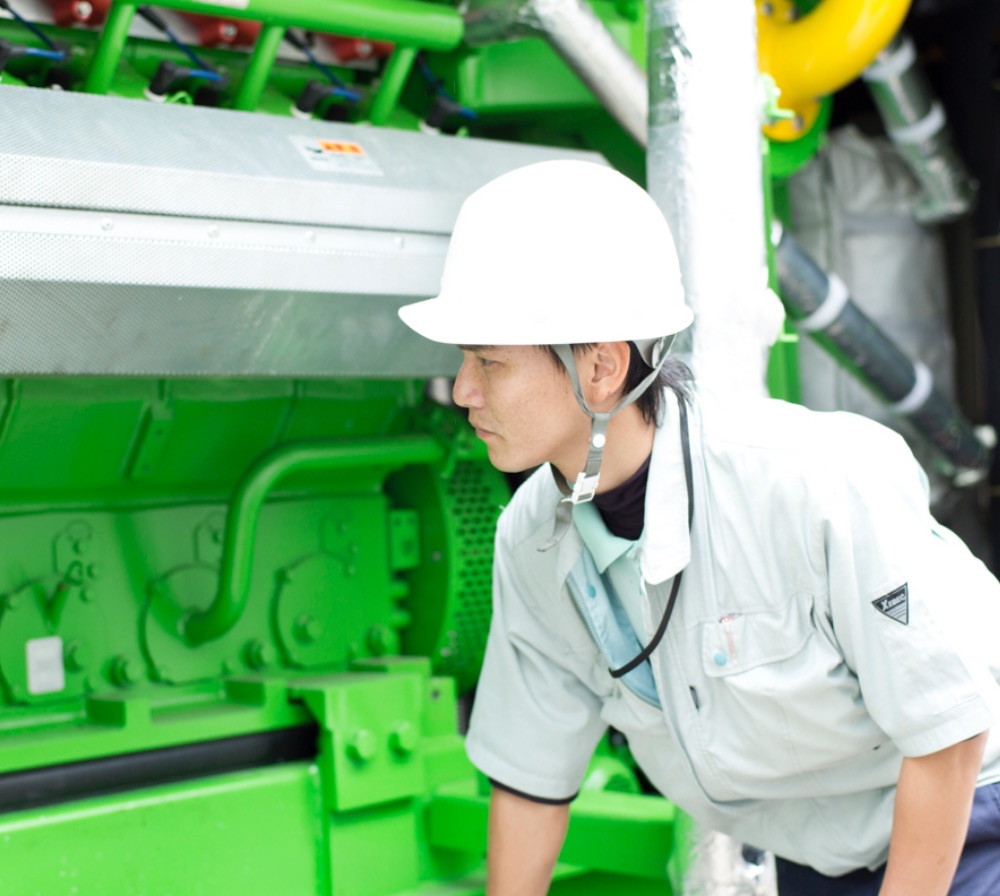
Biogas produced in-house is not only used as boiler fuel, but is also converted into electricity using power generation equipment and sold to local power companies. This business has been named "Sweet Potato Power Generation" and has attracted attention both from within Japan and overseas. This power generation business makes effective use of Kyushu-grown sweet potatoes without increasing the environmental burden. The annual amount of electricity generated is 8.5 million kWh (kilowatt hours), which is equivalent to the annual electricity consumption of approximately 2,400 households.
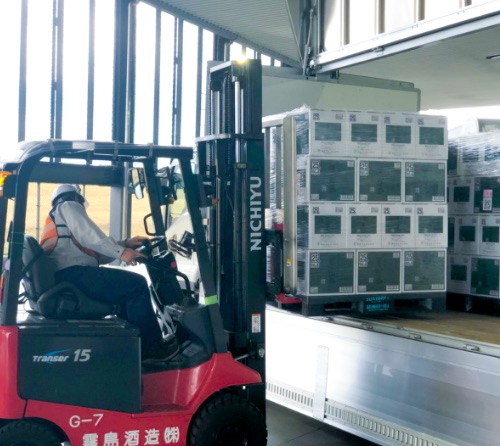
Traditionally, the majority of our product shipments were made by truck, but since around 2005, we have been working on a "modal shift" to switch to rail and ship transport, which emit less CO2 during transportation.
We are also working to improve transportation efficiency by setting up distribution centers in 9 locations across the country and increasing the loading rate per truck.
We also engage in environmentally friendly activities.
